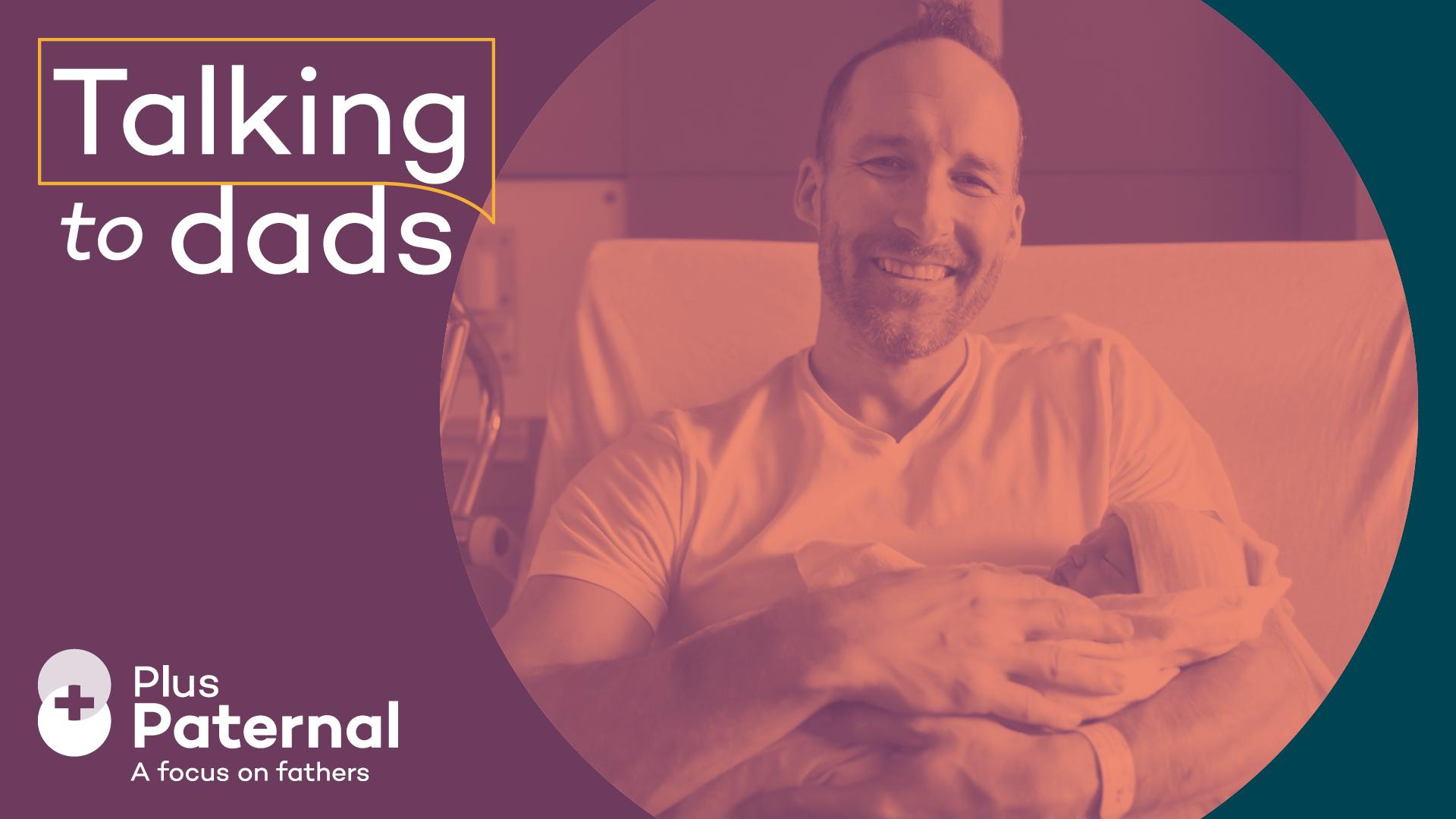Attachment Theory had its origins 70 years ago, in the observations of children’s reactions to their mothers after periods of separation1. Consequently, we often think about attachment in the context of a child’s relationship with their primary carer; traditionally, the mother.
Attachment can form between children and multiple other people who provide care, are in regular contact with the child, and provide the child with security when it’s needed. Attachment figures may be parents, siblings, grandparents or other extended family members, childcare workers and others.
Secure attachment fosters healthy emotional development and empowers individuals to build healthy, satisfying relationships with others. It protects against poor physical health and improves social, psychological and neurobiological function3.
Secure attachment with mothers and fathers comes from different parental behaviours. Maternal sensitivity is necessary for secure attachment, but paternal attachment is a weak predictor of attachment security4. Things like fathers’ pleasure from parenting5, their communication6, and the ways they play with their children7 affect attachment security.
Emphasising the importance of fathers’ behaviours that foster secure attachment — thereby having an enduring beneficial effect on their children — should be a focus when talking to dads.
Expecting fathers may feel disconnected from their children before birth; not knowing what to expect of their child, their partner or themselves. Encouraging them to look forward to playing with their child, and letting them know that their enjoyment of time they spend together is helpful for the child’s development, will help them understand the importance of their role.
A father may see his role as providing safety and security for his family. Fathers should know they can provide their children with the feelings of safety and security that provide a strong base for exploration and discovery, for pushing boundaries and finding limits, and for healthy development.
How can you find out more?
We have some excellent resources available should you want to learn more about this project:
- Find the Plus Paternal webpage here
- Download the Case for Change report here
- Check out the Talking to Dads Language Guide here
- Access the eLearning course
- Download the resource kit here
- Plus Paternal: Conversations webinars: Healthy Male hosted a series of free webinars to explore ways to systematically improve men’s engagement and support as they seek to, or become fathers. The webinars featured panellists from a range of disciplines, with opportunities for the audience to raise questions.











